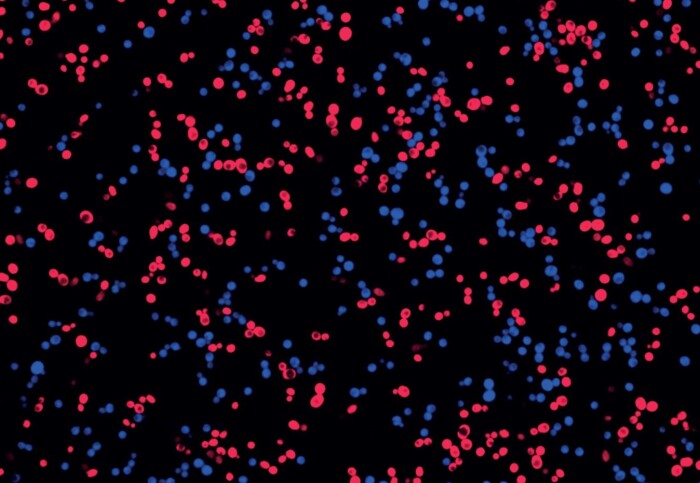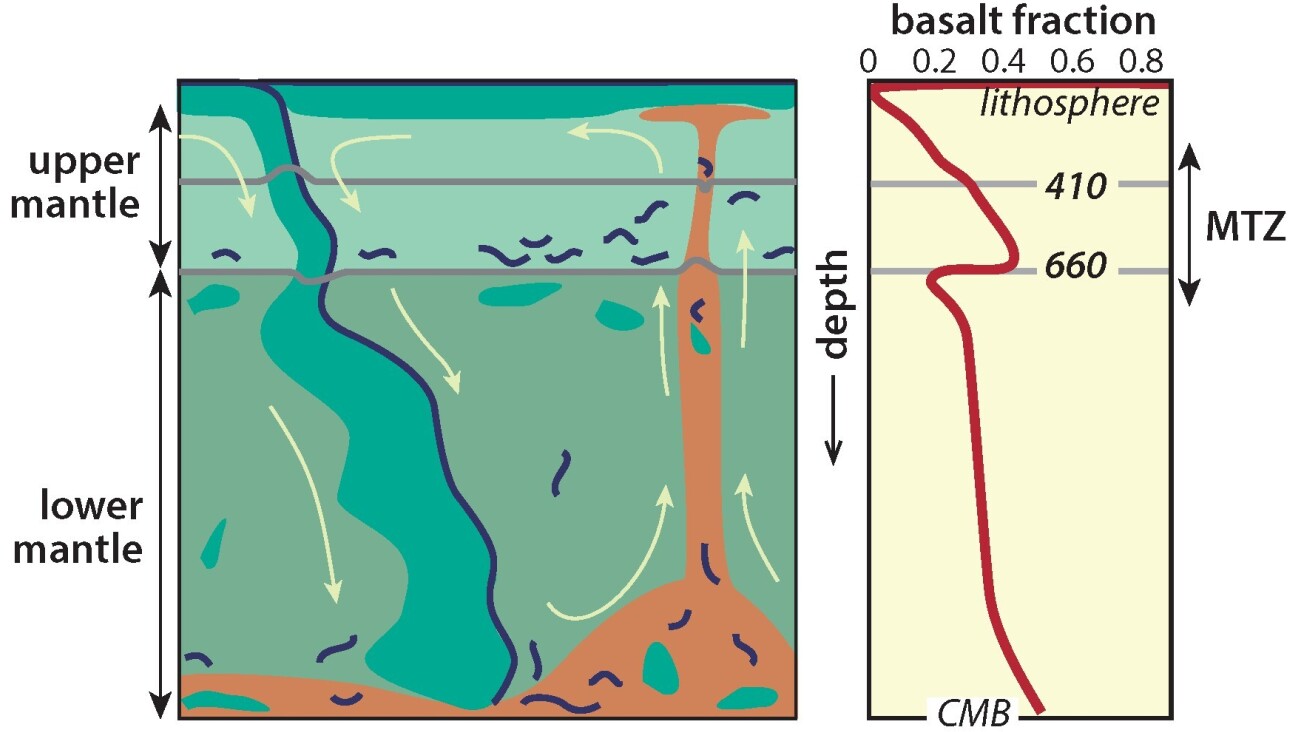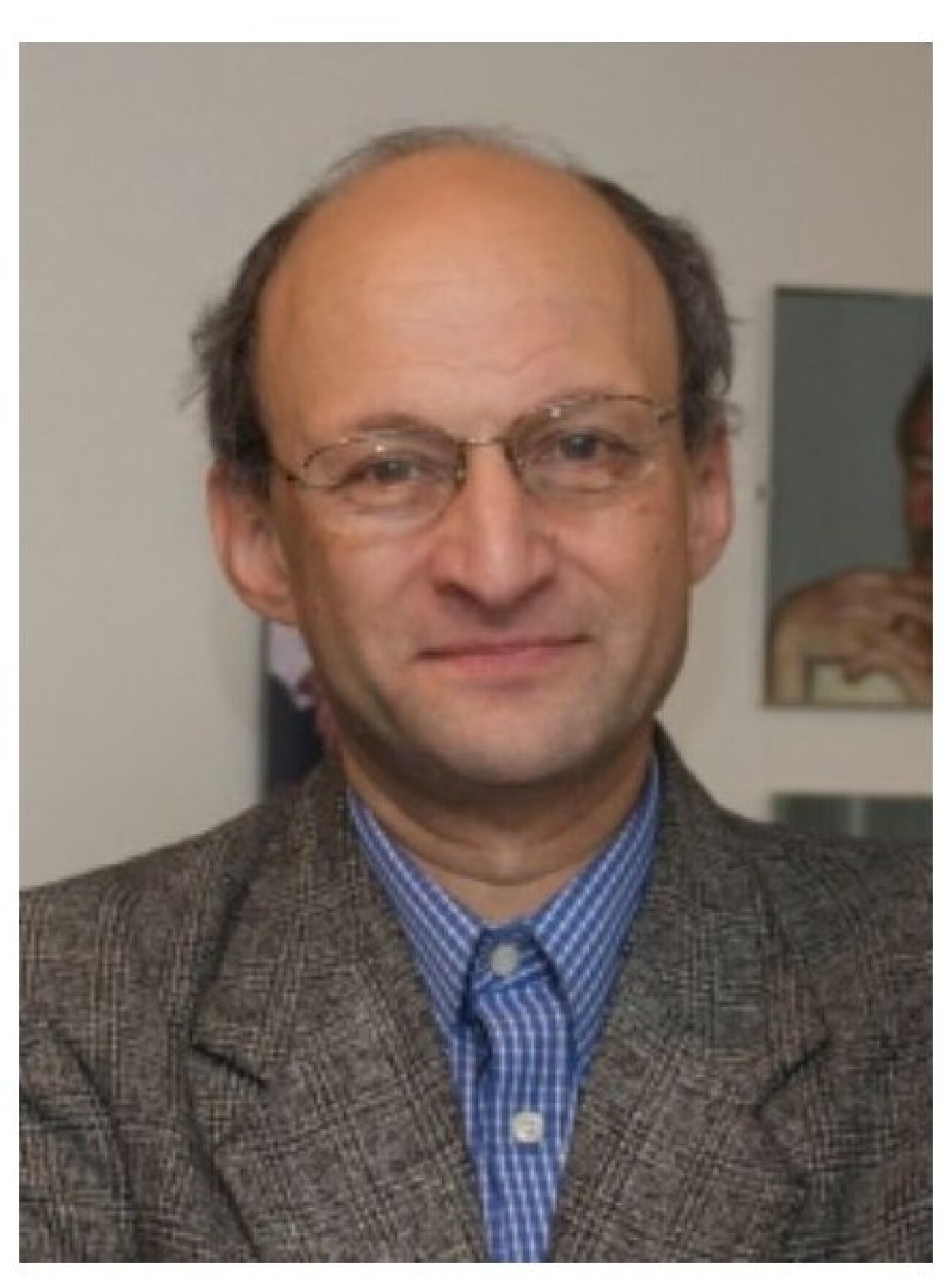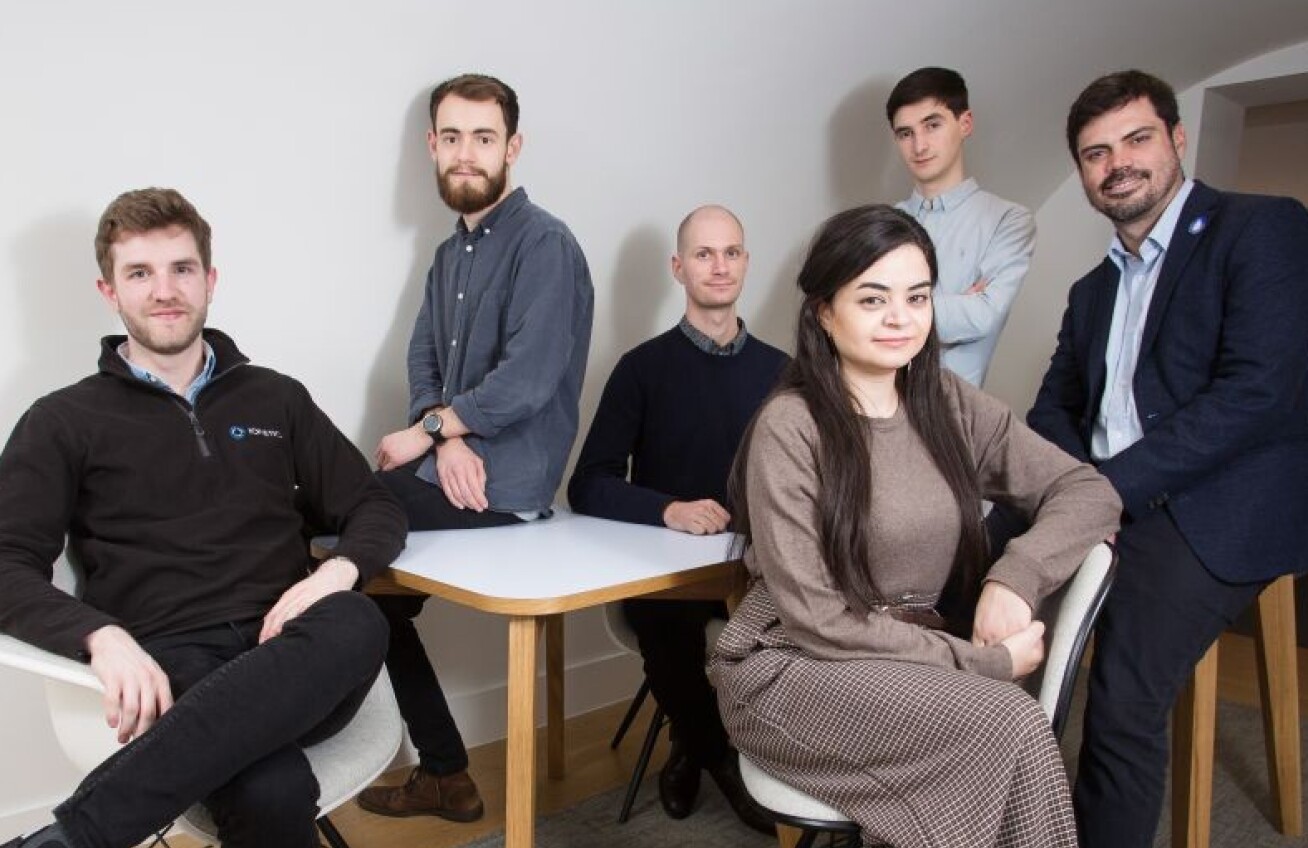Yeast production and engineering fellowship: News from the College

Here’s a batch of fresh news and announcements from across Imperial.
From research into yeast strains that can work together to thrive, to a new group of Fellows for the Royal Academy of Engineering’s Enterprise Hub, here is some quick-read news from across the College.
Building relationships for biomanufacturing
 Saccharomyces cerevisiae, or baker's yeast, has been central to baking and brewing for centuries. More recently, engineered yeast strains have been harnessed for biomanufacturing high-value products, like plastics and pharmaceuticals. However, this imposes extra metabolic burden on the yeast strains and often hinders their productivity, presenting challenges for industrial applications.
Saccharomyces cerevisiae, or baker's yeast, has been central to baking and brewing for centuries. More recently, engineered yeast strains have been harnessed for biomanufacturing high-value products, like plastics and pharmaceuticals. However, this imposes extra metabolic burden on the yeast strains and often hinders their productivity, presenting challenges for industrial applications.
Synthetic microbial communities that can divide labour amongst yeast strains are emerging as a promising solution to overcome these limitations, but so far, a widely accepted general rule has been that strains of Saccharomyces cerevisiae grown together cannot spontaneously cooperate to share metabolic functions.
Researchers from Imperial's Department of Bioengineering, in collaboration with scientists from The Francis Crick Institute and Charite-Universitaetsmedizin have leveraged genome-wide screening to discover pairs of S. cerevisiae mutant strains which exhibit different metabolic deficiencies but can function cooperatively to thrive.
Not only did these engineered communities produce higher yields of polymer (plastic) precursors but they also exhibited the remarkable ability to spontaneously establish cooperative relationships. The study provides intriguing insights into how microbial communities might originate and maintain themselves. This marks a significant step towards designing more efficient and sustainable bio-manufacturing processes that could have far-reaching implications for the microbial biotechnology industry.
Read the full paper in Nature Chemical Biology.
Mantle movements
 The motions of tectonic plates at Earth’s surface are part of the churning of the mantle below them – which rises, travels and falls to lose its heat, while mixing the minerals within it. However, mantle rocks brought to the surface, for example in magmas, show differences in composition that suggest some features, including fragments of recycled plates, do not get mixed in well.
The motions of tectonic plates at Earth’s surface are part of the churning of the mantle below them – which rises, travels and falls to lose its heat, while mixing the minerals within it. However, mantle rocks brought to the surface, for example in magmas, show differences in composition that suggest some features, including fragments of recycled plates, do not get mixed in well.
Researchers can probe the structure of the mantle with seismic waves from earthquakes, and these show two levels within the mantle where the mineral state and possibly also composition changes. To find out exactly what changes at these levels, a team led by Chunquan Yu at the Southern University of Science and Technology, and including Imperial’s Professor Saskia Goes and Dr Elizabeth Day, assembled a seismic dataset 10 times larger than previous versions.
Their data analysis shows that changes in chemistry probably occur near these boundaries, indicating that recycled tectonic plates get ‘held back’ in these regions. These conclusions suggest previous estimates of the overall mantle composition based on shallow mantle rocks are probably incorrect, and that instead the mantle composition closely matches models that assume the Earth was assembled from the same material as commonly found meteorites.
Read the full paper in Science Advances.
Pomeranchuk Prize
 Professor Arkady Tseytlin, from the Department of Physics, has become only the second UK recipient of the Pomeranchuk Prize. He is awarded for a number of seminal contributions to quantum gravity and string theory that have significantly affected the modern high-energy physics landscape.
Professor Arkady Tseytlin, from the Department of Physics, has become only the second UK recipient of the Pomeranchuk Prize. He is awarded for a number of seminal contributions to quantum gravity and string theory that have significantly affected the modern high-energy physics landscape.
The Pomeranchuk Prize is an international award for theoretical physics, awarded annually since 1998 by the Institute for Theoretical and Experimental Physics (ITEP) from Moscow. It is named after Russian physicist Isaak Yakovlevich Pomeranchuk, who together with Lev Landau established the Theoretical Physics Department of the Institute.
Engineering fellowship

Two Imperial researchers and two recent alumni have been awarded places on the Enterprise Fellowship programme at the Royal Academy of Engineering’s Enterprise Hub.
The Enterprise Fellowship is a 12-month programme that is designed to support talented researchers and graduates who are trying to transform innovative engineering ideas into spinouts and post-university startups.
The year’s awardees from Imperial are:
- Dr Aida Abouelela, from the Department of Chemical Engineering, who is working with recycled colours and fibres from waste.
- James Eaton, a recent Mechanical Engineering graduate, who is the co-founder of IONETIC, which is designing and optimising new battery packs.
- Gregory Hargraves, a recent Biomedical Engineering graduate, whose company Paige Braille is working on an adaptation for braille writers that lets them share print translations.
- Dr Francisco Jose Malaret, from the Department of Chemical Engineering, whose company Nanomox is creating sustainable processes for inorganic materials.
The Enterprise Fellowship offers equity-free funding, an extended programme of mentorship and coaching, and access to a community of engineering mentors and alumni.
 Want to be kept up to date on news at Imperial? Sign up for our free quick-read daily e-newsletter, Imperial Today.
Want to be kept up to date on news at Imperial? Sign up for our free quick-read daily e-newsletter, Imperial Today.
Article text (excluding photos or graphics) © Imperial College London.
Photos and graphics subject to third party copyright used with permission or © Imperial College London.
Reporter
Conrad Duncan
Communications Division
Hayley Dunning
Communications Division